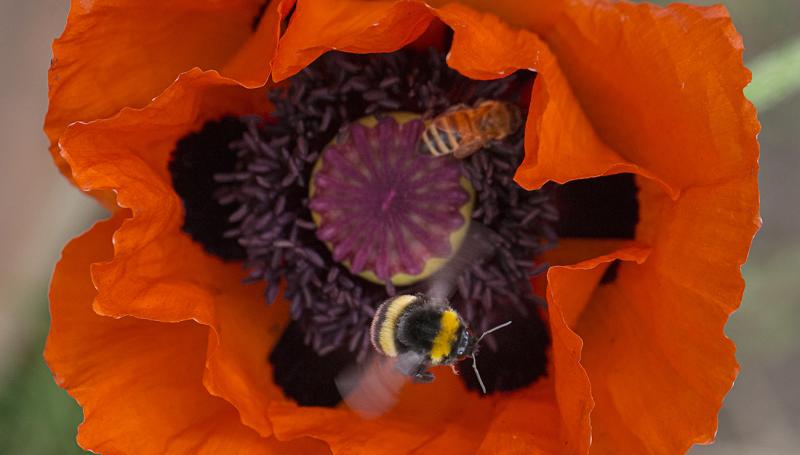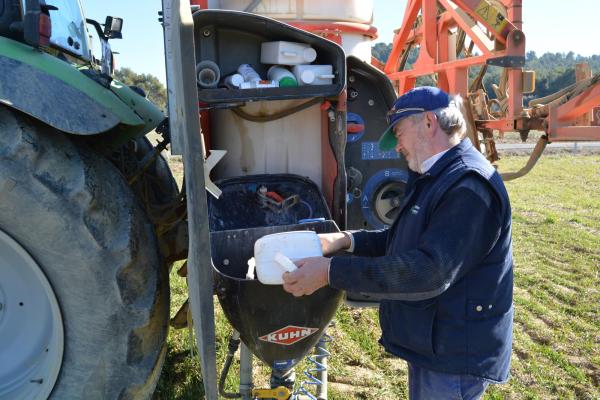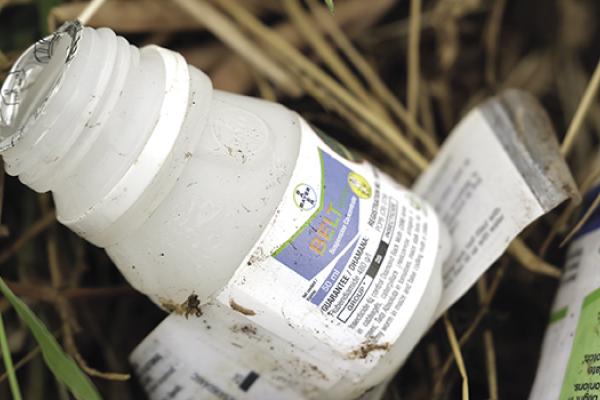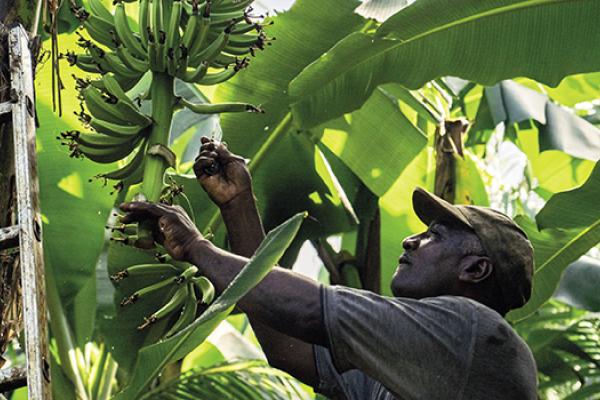Research shows a worrying decline in pollinator populations across the continent, both wild and domesticated. But our food depends on them. Scientists estimate that around one in every three bites of food we eat depends on pollination by insects such as bees.
This independent, cross-border investigation looks at the impact of European agricultural policies on pollinators and the future of beekeeping on the continent through the stories of several beekeepers in Germany, France and Spain. It also gathers data from European institutions and national governments to analyse the increasing use of insecticides in Europe and the accelerating homogenisation of agricultural land. Finally, it looks at the emergency authorisations that are still being granted across the continent for insecticides or fungicides that are banned under EU law because they pose a real threat to pollinators. Experts interviewed for the study confirm the dramatic impact of these practices on biodiversity, and on pollinators in particular.
The investigation also examines the new agricultural policies currently being drafted in the EU institutions and the discussions on making agriculture more environmentally friendly. Scientists and NGO campaigners interviewed believe that the negotiations with EU member states do not reflect the environmental emergency and will not go far enough to promote organic farming and protect wildlife as needed. Although the EU is introducing new laws, targets and frameworks to protect biodiversity, its ambition is largely constrained by member states and lobbies and therefore has little impact on biodiversity protection, they said.
Photo credit: Antolin Avezuela






